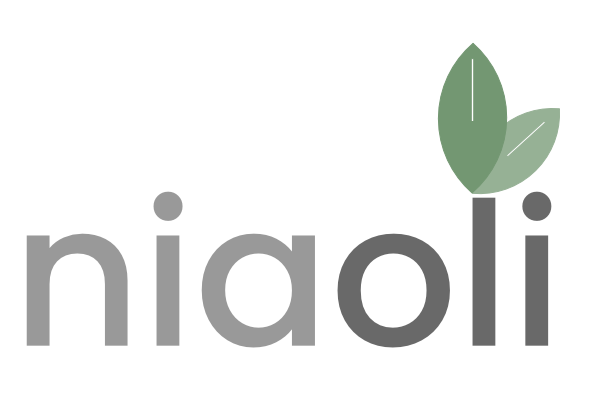Basic search engine optimisation, as we know it, is deeply changing. As Google is pushing further its algorithms, a significant series of search engine optimization trends are to take into account for your seo strategy.
Trend 1: BERT, or the rise of Artificial Intelligence
In 2019, Google introduced BERT, a new algorithm based on Artificial Intelligence. BERT is not only a major technological change, but also a new “philosophy” for Search Engine Optimization.
The principle of BERT is to center more on user-focused optimisation and technical delivery of content. In other words, Google will start paying much more attention to the way the content is served and how this content is matching the needs and expectations of users. And indeed, this new approach is more in line with the variety of search settings offered to users today (mobile, vocal, browser, app, feed…).
In short, this new algorithm changes the work of search engine optimisation. In addition to pure string matching with a query, the new SEO will require a broader overview. Performance under BERT will go along with reassessing all search and access points, and aligning content with these points.
Needless to say that BERT will put a hold on labyrinths of “optimized” pages, and favour clean architectures with a natural approach.
Trend 2: Reputation
Google will continue more and more to pay attention to the overall reputation. As a publisher, you have to work on your E-A-T (Expertise, Authoritativeness, and Trustworthiness).
This means that SEO is slowly shifting from a reputation only built upon quality backlinks to a wider reputation concept. This new reputation will include the reviews obtained by your website, technical performance, quality of content, security measures,… Google will also consider your website to be part of an ecosystem, ie not only pages and content, but also the reputation of the individuals and connections.
Search engine and social media are struggling with fake news and a massive amount of publishers. So to have a proper ranking, you will have to work hard on your reputation, with a long-term approach. Without a solid expertise and the proper credentials, it will be extremely hard to perform on the key queries (YMYL, Your Money, Your Life queries).
Trend 3: Structured Data
The single search engine page will soon be an archive. For a few years, Google has rolled out featured snippets, based on a SERP data classification.
With incredible amounts of data to be indexed, SERP serves as a library: content is not only indexed to match a query, but also classified into categories. The result of this new organization is that featured snippets are progressively getting more traffic than organic results.
Working your SEO through structured data do not only give you a visibility opportunity, but also increase your reputation.
Trend 4: Mobile and voice search
“Google, can you find a sushi place near me?”
With the number of smartphones and home appliances constantly growing, voice search has been trending. In fact:
– in 2019 voice search was representing 20% of mobile queries.
– 87% of internet users are on mobile phone.
This fourth of our search engine optimization trends have three implications.
First, you have to develop long-tail queries and questions, phrased the same way people speak.
Second, you have to optimise your website for local SEO, as a large part of voice queries are local.
At least, your website should also be mobile-optimised first.
Trend 5: From link building to brand building
Beyond the pages, visits and content, Google is paying more and more attention to the organization itself. Recent signs such as the addition of favicons on mobile search indicate that the algorithm is evaluating trust and quality of the organisation.
As a result, the SEO work will undoubtedly tend towards brand building. Classic link building will evolve more around editorial activity, including social media, journalistic writing, reactive editorial, pr and story-telling. Using such links to build trust and quality linking will definitely increase the ranking of websites having a user-first approach.
In this context, optimizing your entities on the different graph marking schemes will be key. You can highlight your content by optimising it for the different Open Graph meta tags, ensuring quality and trust in its classification and sharing. Going further, you also can optimise your content for Google’s Knowledge Graph, making sure your content appears in Knowledge Panels.
Trend 6: High-quality topics
This last of our search engine optimization trends makes perfect sense, much more than before, but it’s also the hardest to achieve. In a world overcrowded with content, Google will be more and more demanding about quality.
For the daily SEO work, it will imply than writing for writing, or re-writing articles already written won’t bring you any ranking improvement. Original and quality content with a good length will be more and more the key to SEO.
Along with BERT and the new classifications, Google is also considering content in another way. Beyond queries and links, the algorithm is going deeper in the understanding of semantics, to improve the information served to users. With the “topic layer”, introduced in 2018, your content has to be articulated around topics, gathering content from the same semantic universe and developing a content topic more in-depth.







